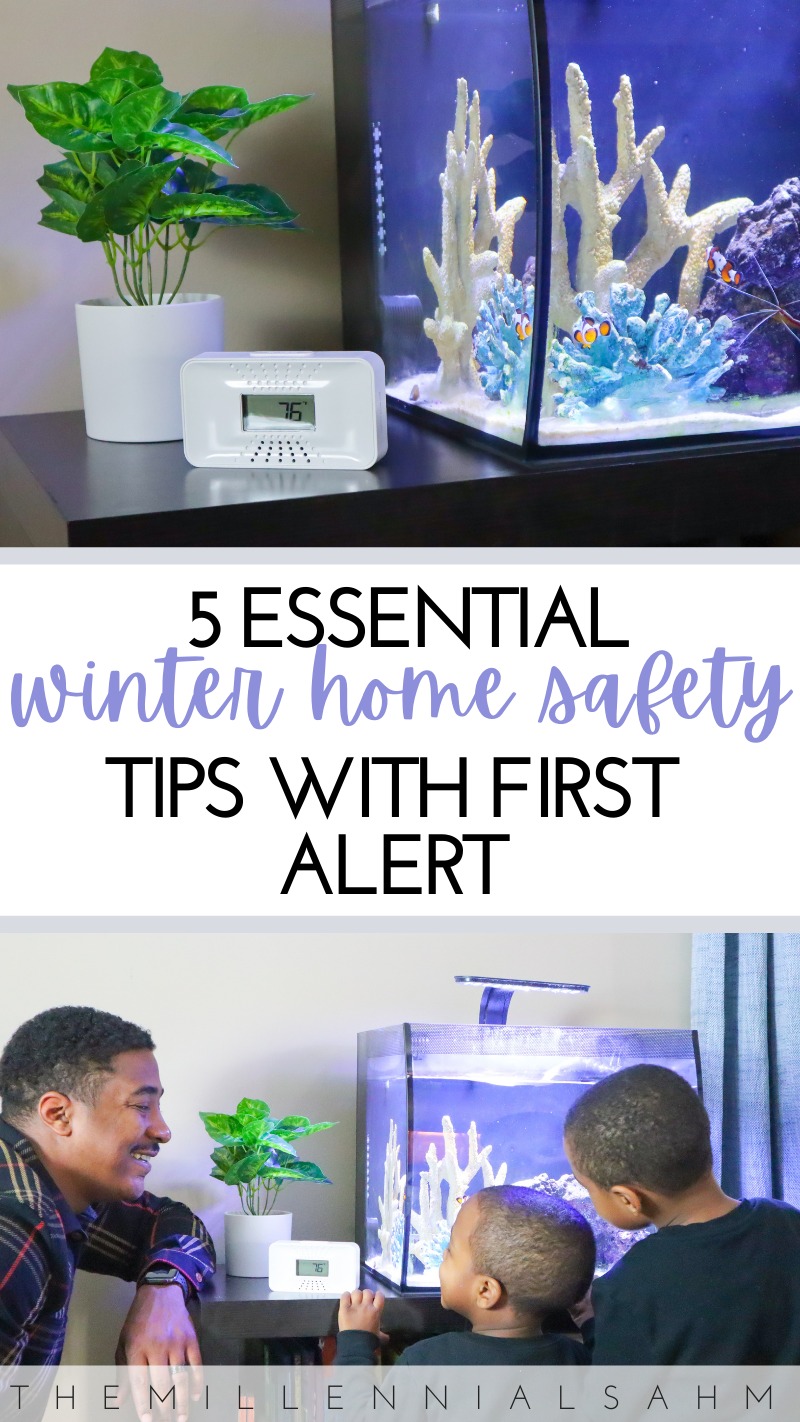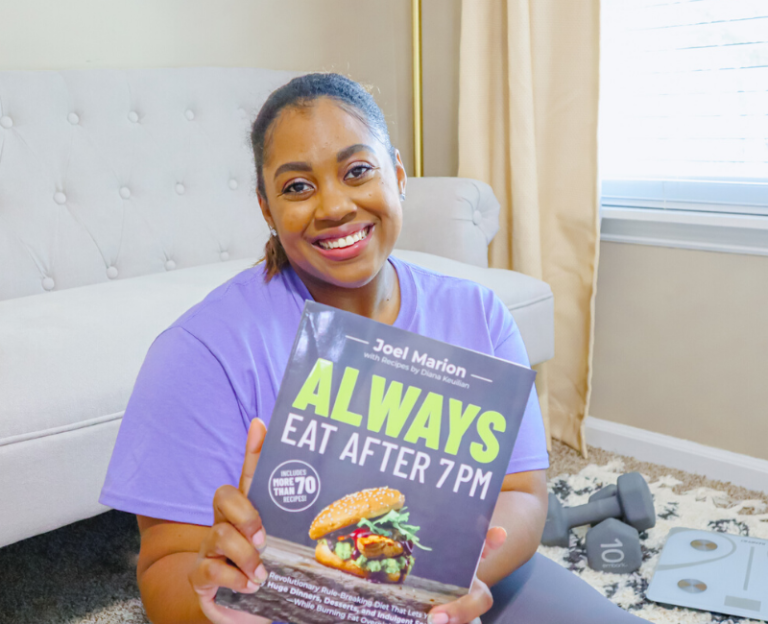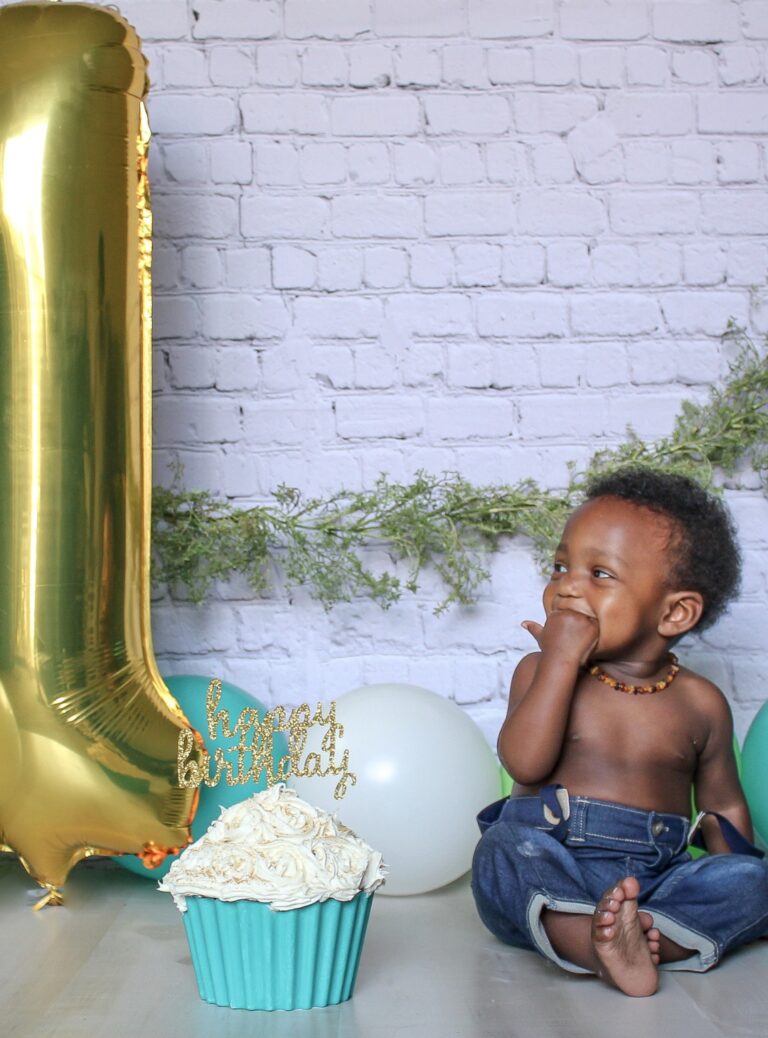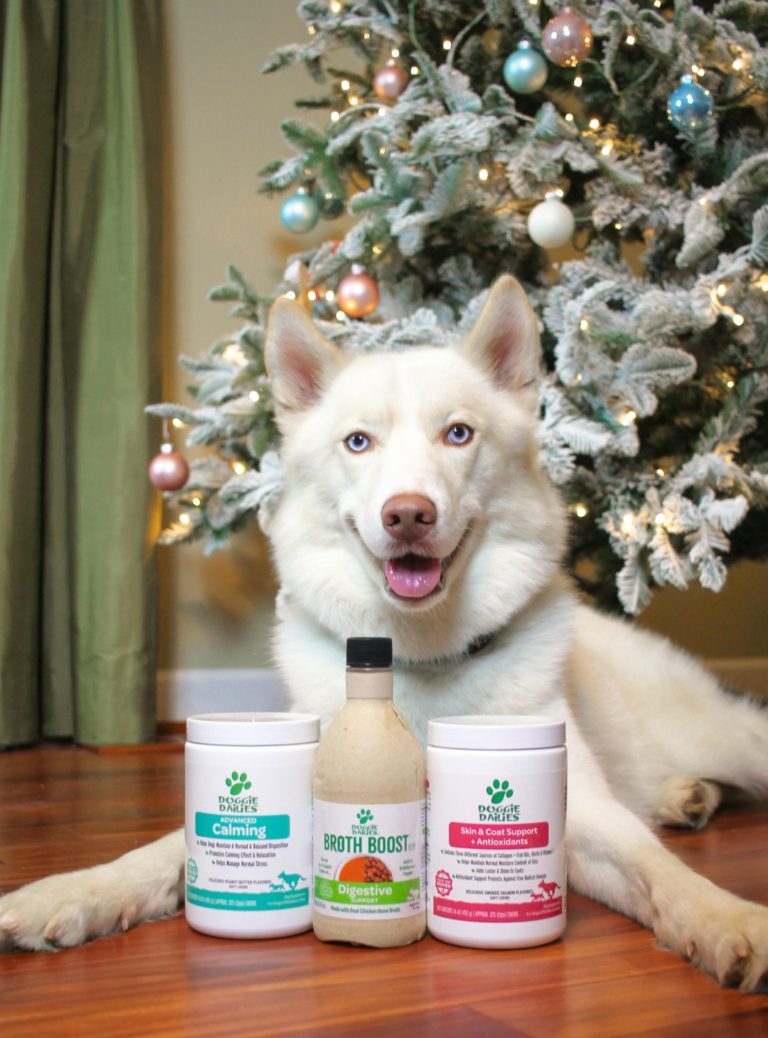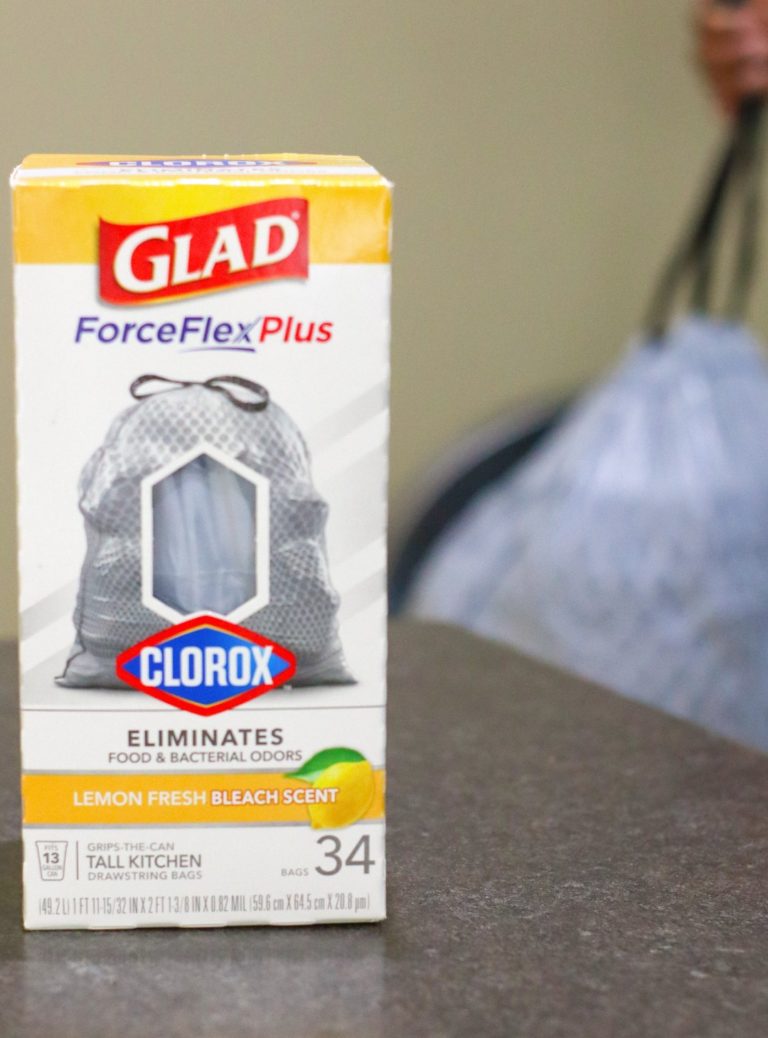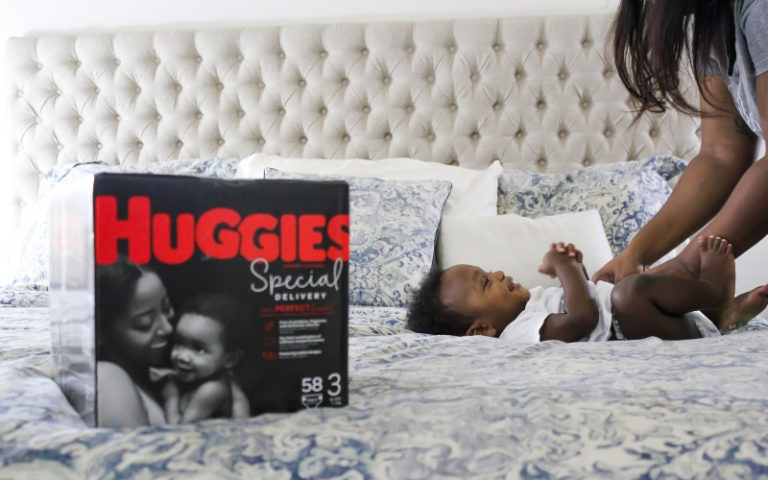5 Essential Winter Home Safety Tips With First Alert
Many people overlook the importance of carbon monoxide (CO) safety. Learn why your family should have a First Alert CO alarm in your home.
Thank you First Alert for sponsoring this post. Help ensure your family is protected with CO alarms!

As a mama of two (soon to be three) little ones, safety is the main priority in our home. While we’ve already implemented certain safety measures such as having a home alarm system and childproofing our home, there are other essential winter home safety tips that we take to ensure that we continue to cultivate a safe home environment for our family.
Although there are a ton of things that you can do to keep your home safe in the wintertime, one of the most underestimated threats is carbon monoxide. So before we get into these 5 essential winter home safety tips, I want to provide a bit more insight about just how serious of a threat carbon monoxide is.
Carbon monoxide (CO) is known to be a ‘silent killer.’ While CO can strike at any time of the year, the winter months are when the risk for carbon monoxide is the highest. Carbon Monoxide poisoning can manifest with mild symptoms such as headache and dizziness while extreme symptoms can cause vomiting, confusion, and even death.
Needless to say, carbon monoxide is very serious and if you don’t already, you definitely want to install a 10-Year Sealed Battery Carbon Monoxide (CO) Alarm by First Alert in your home.
Keep reading to learn more about carbon monoxide and to learn 4 additional ways that you can make your home safer during the winter season.
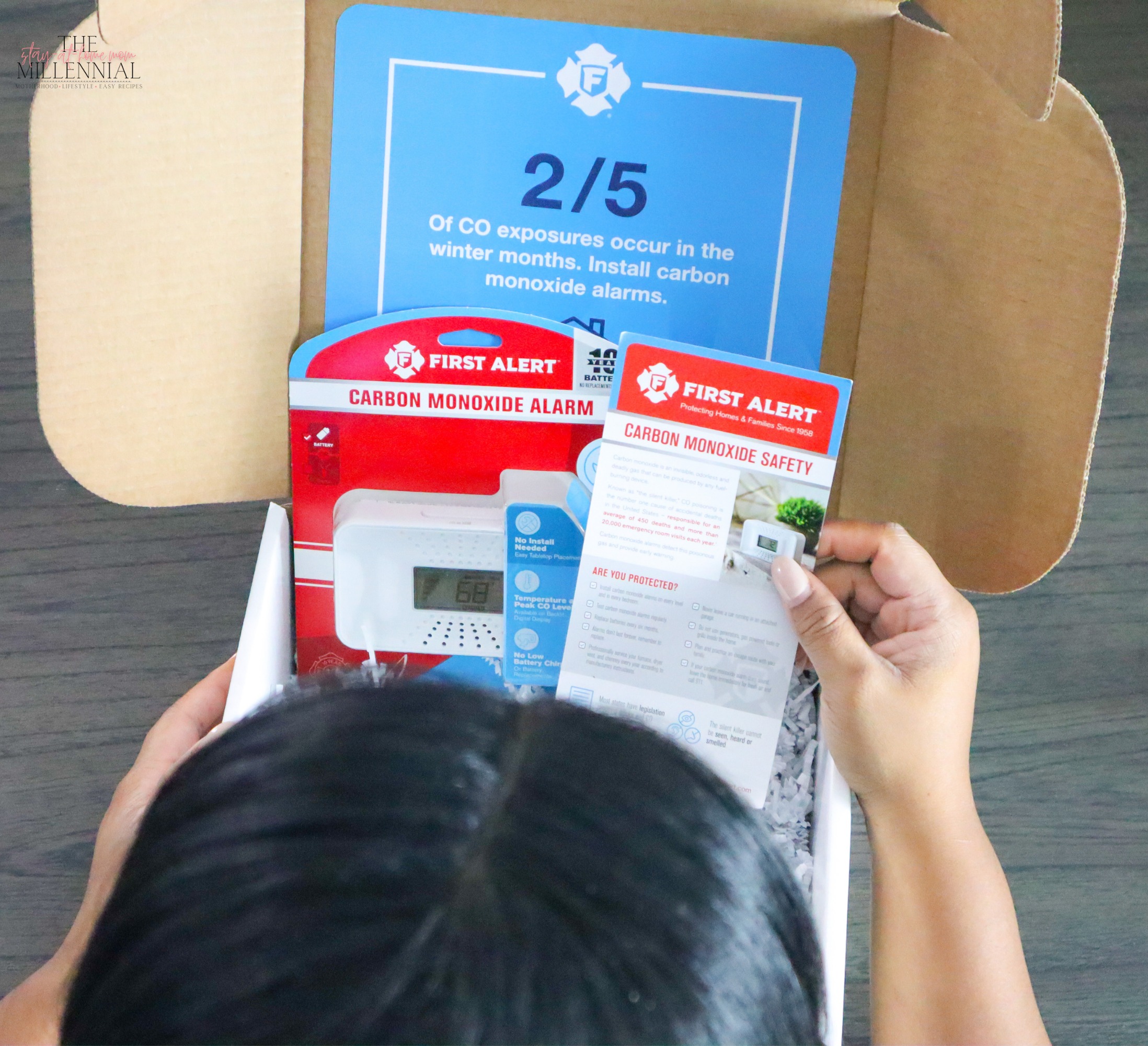
1. Keep An Eye On Space Heaters
Space heaters, while convenient, can be a huge safety risk during the wintertime. A general rule of thumb is to keep space heaters at least 3 feet away from anything that can catch on fire. It’s also equally important to keep the space heaters on a flat surface (ideally the floor). These simple adjustments can make all the difference during the winter months.
2. Check Batteries in Smoke & Carbon Monoxide Detectors
First things first, if you don’t have smoke & CO detectors installed, you want to be sure to get them installed ASAP. If you already have smoke & CO detectors installed throughout your home (there should be one on each floor of your home and in every bedroom), you want to ensure that you check all of the batteries and test alarms monthly to be certain that they are working properly. Of course, if you ever hear that notorious beep, that’s the first sign that you need to change the batteries.
3. Install Carbon Monoxide Alarms
As stated earlier, many people overlook the importance of having Carbon Monoxide (CO) Alarms installed in their homes. Carbon monoxide gas is only able to be detected with a carbon monoxide alarm. You can’t see, taste, or smell CO and it is usually emitted by fuel-burning devices such as a stove or furnace.
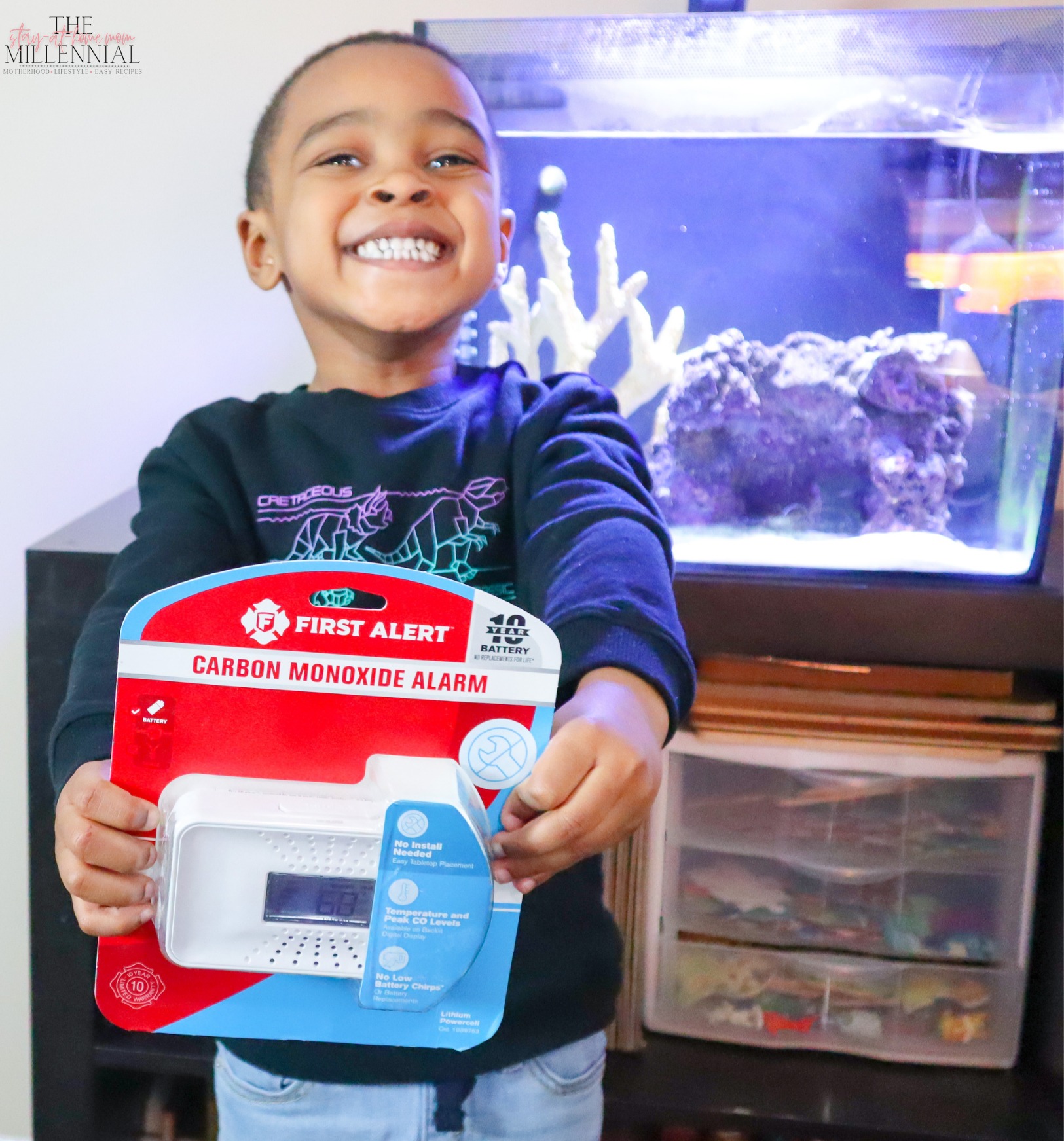
Since 2 out of 5 carbon monoxide exposures occur in the winter months, we decided to install a carbon monoxide alarm from First Alert. First Alert’s Carbon Monoxide Alarm is equipped with a 10-year sealed battery, which means no battery replacements for the life of the alarm. We were able to simply place the carbon monoxide alarm on a tabletop, no installation is required, and it will display the current temperature and peak carbon monoxide levels if/when they are detected.
4. Ensure Chimney and Vents Are Clean
Having clean chimneys and vents are two often-overlooked winter home safety tips that make a huge difference when it comes to winter home safety. Keeping air vents and chimneys clean and free of debris and soot is critical in the winter. The dryer vent specifically can build up with more lint than usual during the winter season providing a huge hazard in the home. It’s best to call a professional in to do a thorough Chimney and vent cleaning at least once a year.
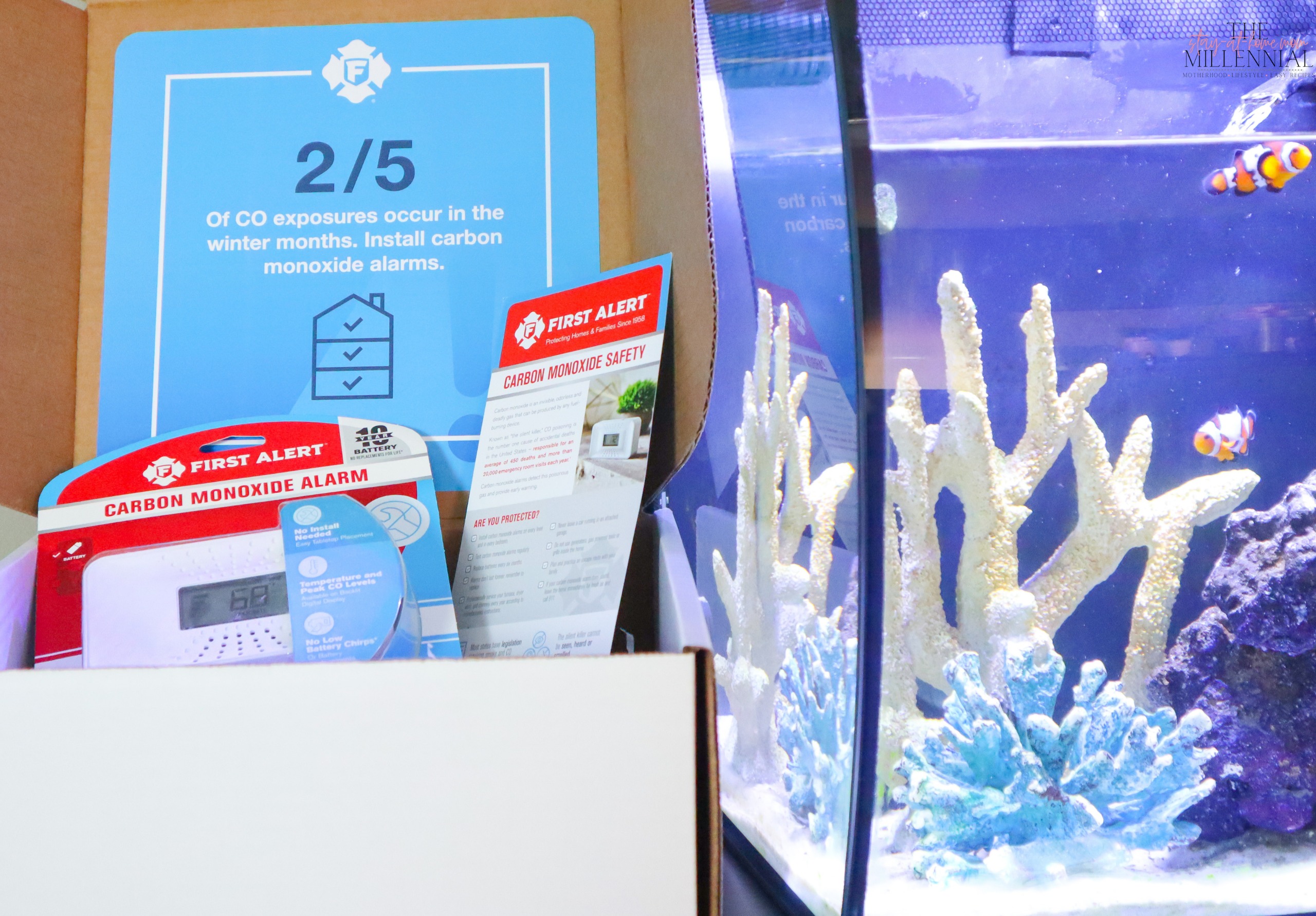
5. Have an annual HVAC/Furnace Inspection
Speaking of having a professional come in, it’s important that you have your HVAC and furnace inspected regularly. It’s also important that you schedule your inspection during the spring/summer months to ensure that your HVAC is working well before you are likely to have heating issues in the fall and winter months.
There you have it!
5 Essential Winter Home Safety Tips to help you keep your home safe during the winter season!

While there are plenty of things you can do to ensure that your home is safe in the winter, these 5 simple winter home safety tips will definitely put you on the right path.

